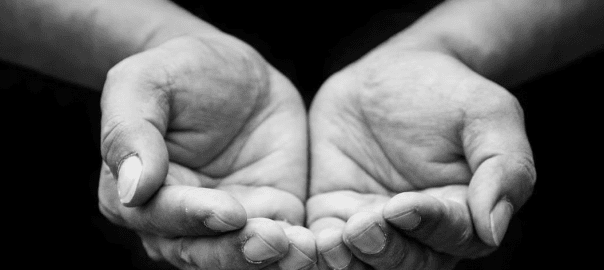Jan. 16, 2024 /Human Interest/ — It’s important to remember that resorting to begging is rarely done out of a desire for humiliation. It’s usually a complex situation driven by desperation and a lack of viable alternatives. Here are some factors to consider:
Poverty and lack of basic necessities: Many people who beg are homeless, hungry, or lack access to essential resources like healthcare. Begging, although uncomfortable, may be the only way they can meet their immediate needs for survival.
Limited support systems: Often, people have exhausted all other options before turning to begging. This can include seeking help from family, friends, or social services, but encountering bureaucracy, inadequate support, or lack of access to appropriate programs.
Mental health and addiction: Mental illness and addiction can significantly impact an individual’s ability to find or maintain employment and housing, leaving begging as a desperate measure.
Stigma and discrimination: Unfortunately, stigma surrounds begging and homelessness, making it harder for individuals to escape these situations. They may face prejudice and judgment, further diminishing their sense of self-worth and limiting their options.
Survival strategies: Begging, while seen as degrading, can be a learned survival strategy. In a harsh environment, people may adopt coping mechanisms to meet their basic needs, even if it means feeling shame or discomfort.
Understanding the nuances: It’s important to acknowledge the individual stories and complexities behind why someone begs. Judging them solely on their actions without understanding their circumstances can be unfair and unhelpful.
Instead of focusing on the concept of self-respect and humiliation, it’s crucial to remember that:
- Begging is often a last resort for people in desperate situations.
- Addressing the root causes of poverty, lack of resources, and inadequate support systems is crucial to help people out of begging.
- Treating individuals with empathy and compassion can make a difference in their lives.
Here are some resources that can help:
- National Alliance to End Homelessness: https://endhomelessness.org/
- MentalHealth.gov: https://www.mentalhealth.gov/
- National Council on Alcoholism and Drug Dependence: https://www.ncadd.org/
It’s important to remember that everyone deserves dignity and respect, regardless of their circumstances. Judging someone solely on their actions without understanding their story can be harmful and unproductive. By focusing on providing support and addressing the root causes of poverty and inequality, we can work towards a society where begging is no longer a necessary coping mechanism for desperate individuals.

